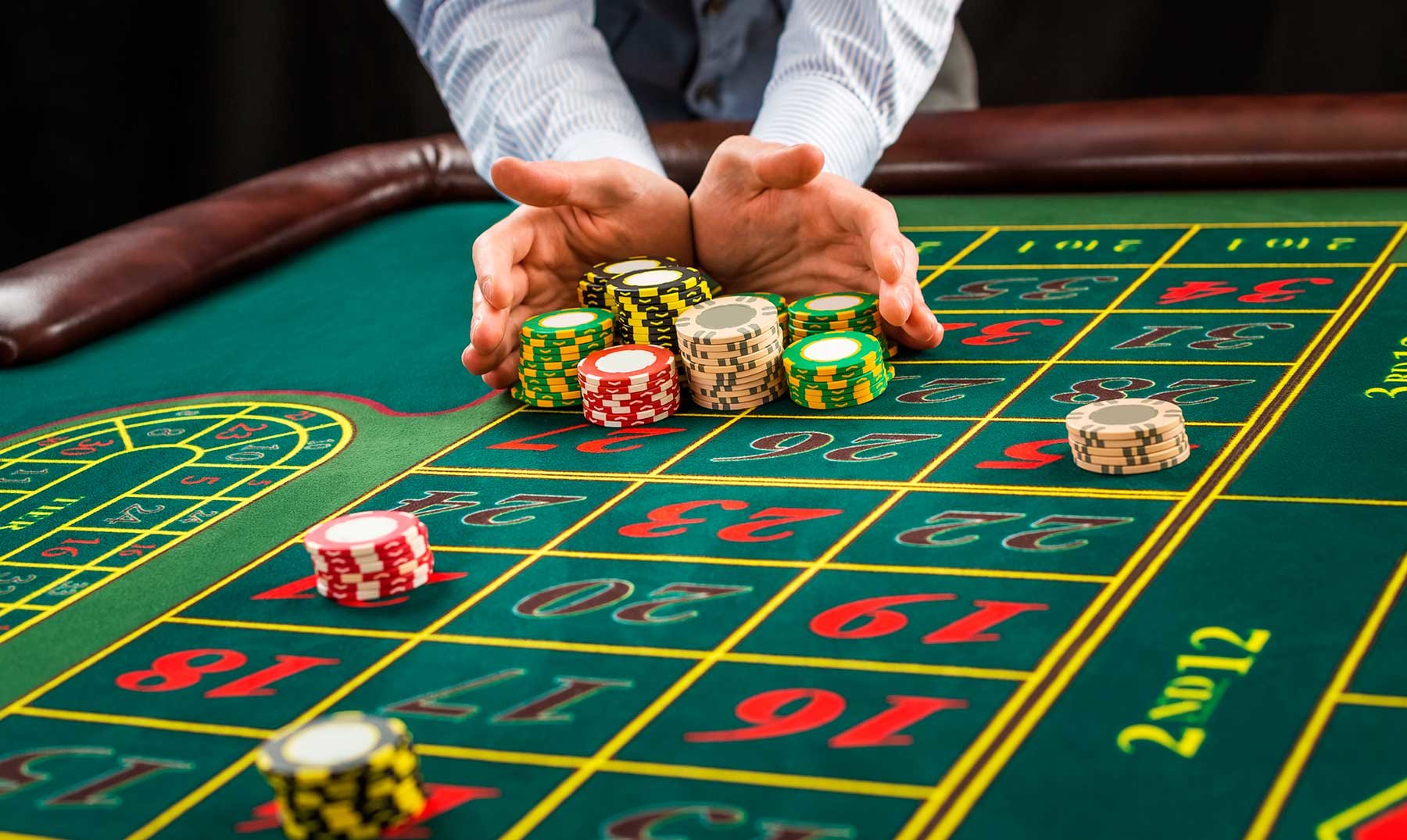
In the world of gambling, where chance and strategy meet, a unique tapestry of beliefs emerges—one that braids luck, fate, and the enigmatic nature of casino games. Casinos, bustling with excitement and anticipation, are not just places for placing bets; they are also arenas in which superstitions thrive. From the novice player to the seasoned gambler, these mysterious practices often shape how individuals approach the games they play, holding the belief that their actions can affect the outcome in ways that go beyond mere probability.
When players gather around roulette wheels, blackjack tables, and slot machines, the atmosphere is thick with stories of lucky charms, rituals, and codified behavior that defy logic yet provide a sense of comfort. It could be the case that it’s wearing a specific outfit, following a particular sequence of bets, or even avoiding certain numbers, the attachment to various superstitions reflects a deep-rooted desire to control the uncontrollable. This article delves into the captivating world of casino game superstitions, examining the beliefs that both entertain and mystify those who dare to play.
Cultural Origins of Superstitions
Betting games have long been interwoven with an host of superstitions that go back to ancient societies. The origins of these ideas can be linked to humanity’s fundamental desire to control the random outcomes related with chance and randomness. In early civilizations, activities of uncertainty were often connected to ritualistic practices. Gamblers would call upon blessings or seek favor from spirits, believing that their actions could change the results in their benefit. This foundation laid the groundwork for the multitude of superstitions that proliferated as betting evolved over ages.
During the Middle Ages, gambling became a common pastime across Europe, and with it, a colorful tapestry of superstitions developed. Players adopted different rituals and charms, believing they could change the consequences of games. The significance of digits, in particular, emerged to manifest in superstitions around card games and dice. The number seven was often considered lucky, while different numbers carried bad connotations. These ideas mirrored the societal contexts of the time, adapting as they passed through generations and transformed to emerging gaming environments.
As gambling houses appeared in the seventeenth century, particularly in Italy and the French nation, the atmosphere surrounding betting became steeped in enigma. The growing openness of casino games allowed for the spread and diversification of superstitions among players. Concepts like lucky charms, specific seating arrangements, and rituals gained prevalence, creating a distinct culture within casinos. As these practices continued to thrive, they became fundamental to the identity of casino activities, illustrating how the past and society shape the notions that influence how participants interact with fortune.
Popular Gambling Superstitions
Beliefs surrounding casino games are abundant and varied, mirroring the hopes and fears of gamblers as they engage in random activities. One of the most common views is that certain digits bring luck or misfortune. For example, the digit seven is often seen as a lucky number, frequently sought after by gamblers looking for a favorable outcome. Conversely, the number thirteen is routinely considered cursed, leading many gamblers to avoid it during their gaming sessions.
A common belief relates to practices that gamblers believe can affect their odds. Whether blowing on the dice before a throw, using a particular hand to place a wager, or even wearing particular items of clothing, many individuals feel that these actions can tilt luck in their favor. These practices offer a feeling of power in an otherwise unpredictable environment, reinforcing the idea that luck can be created through individual convictions and customs.
Finally, the ambiance and vibe of the gambling house itself adds to myths. https://andert.io/ Many players suggest that the presence of certain symbols, such as four-leaved clovers or lucky coins, can enhance their odds of winning. Additionally, players might hold to the belief that winning streaks can be halted by mundane occurrences, such as someone passing by or a accident at the gaming surface. The collective atmosphere in a gambling house can amplify these beliefs, creating a communal culture of myths that goes beyond individual experiences.
Impact of Superstitions on Players
Beliefs play a crucial role in the mindset of gamblers, often influencing their actions and decision-making. A lot of gamblers think that fortune can be manipulated through various rituals, such as donning a talisman, choosing particular hues, or steering clear of particular digits. This reliance on superstitions can create a sense of authority in an environment that is inherently unpredictable. Players often feel more confident and engaged when they believe that their actions could sway the outcome of a game in their advantage.
The impact of these superstitions extends past singular players, affecting the overall atmosphere within the casino. For instance, a player who believes in the luck of a particular slot machine might attract a crowd, as others are intrigued by their apparent success. This collective belief can heighten excitement and create a dynamic environment, leading to an engaging experience even for those who may not necessarily be believers themselves. The buzz around certain games can lead to increased participation and extended playing sessions, supporting the casino’s lively social scene.
In some cases, superstitions can lead to harmful effects for players. Relying too much on rituals can result in bad gambling decisions, as some may overlook basic strategies in favor of baseless beliefs. Additionally, the stress to perform rituals may heighten anxiety and tension, detracting from the pleasure of the experience. Ultimately, while superstitions can enhance the excitement of playing casino games, they can also lead to foolish choices that overshadow the enjoyment and entertainment intended in the casino experience.